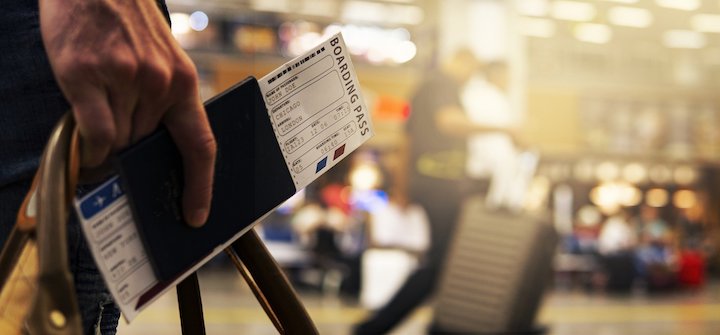Leisure, travel and tourism

The leisure, travel and tourism sector is diverse and offers opportunities for graduates across a broad range of roles from hotel management to sports coaching to logistics.
In 2019, the UK’s leisure sector as a whole was valued at £111bn. Tourism in the UK is a fast-growing industry, employing 2 million people, and, it is predicted, will be worth over £257 billion by 2025.
For more information on sport careers look at our Working in sport page
What roles are available?
You may wish to find a hands-on, active role in a customer-facing job, or in business management in ‘head-office’ roles such as marketing, IT, finance or legal departments.
Opportunities can be roughly grouped as follows:
- Leisure covering a broad range of organisations and services related to recreation and free-time activities, including culture and art, heritage, entertainment, gambling, television
- Travel and tourism including passenger services, for example airlines and ferries, as well as tourism services such as hotel management, travel agencies and tour providers, and activities. Find out more about hotel management and hospitality.
-
Sport such as coaching and training, but also providing and/or managing facilities, events and activities. For more information, check out our working in sport page
Graduate schemes are available with some larger organisations, for example hotel and restaurant groups, pub and fast-food chains, and top visitor attractions.
Employers in the leisure, travel and tourism sector range from small and medium-sized enterprises (SMEs) through to large, nationwide and international corporations.
Some examples of large employers include Hilton Worldwide, InterContinental Hotels, Marriott International, Cunard, TUI, David Lloyd Leisure, Virgin Active, Merlin Entertainments, and many more.
What qualifications do I need?
Most companies in the sector recruit graduates of any degree subject. Employers will be looking for enthusiasm and commercial awareness of the type of industry you are applying for, and work experience can be useful to evidence this.
Some specialist roles may require specific degree subjects or further training, for example working in legal or financial roles.
The following skills may also be helpful in securing your role:
- customer service skills
- excellent communication skills
- language skills
- flexibility
- teamwork